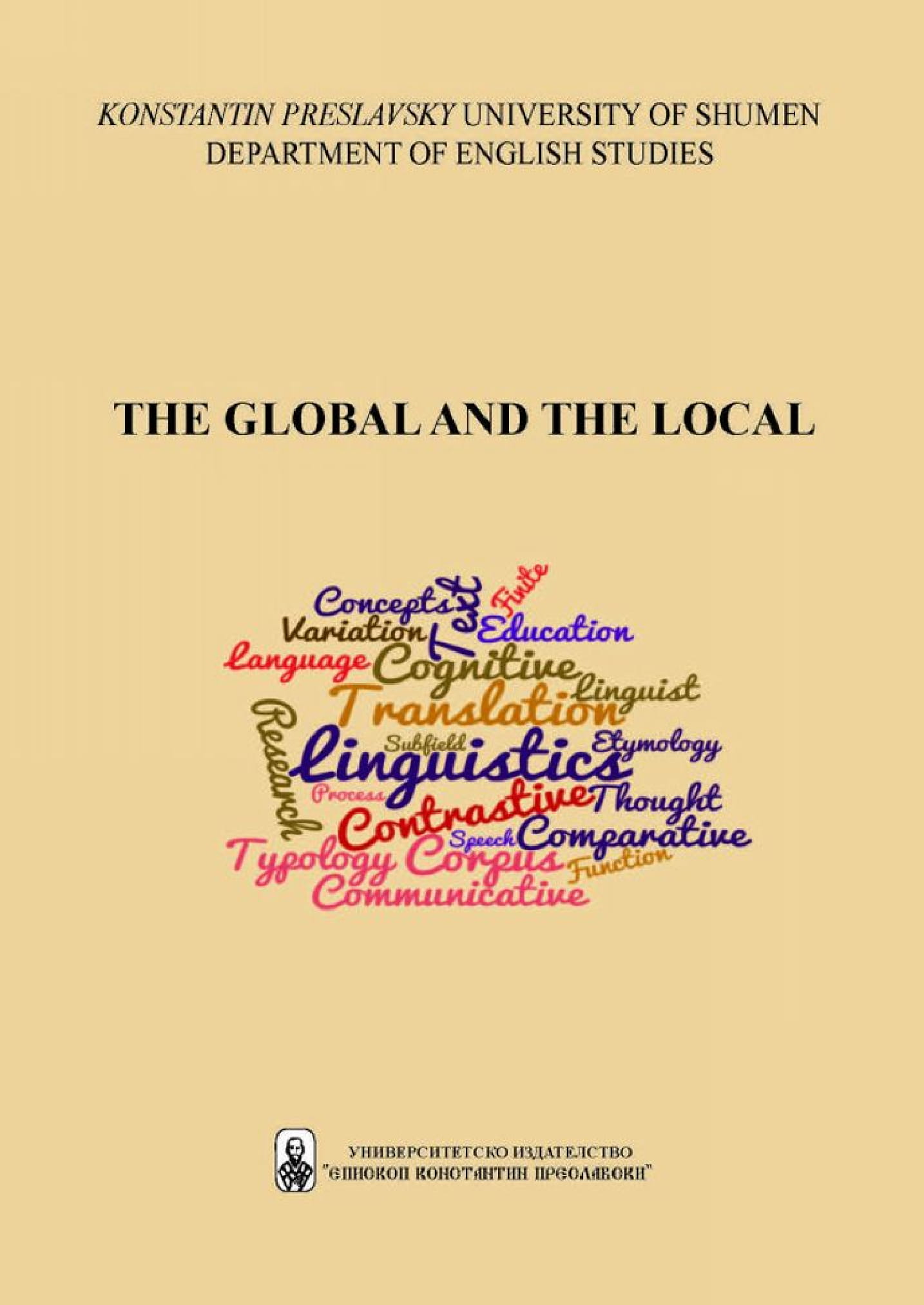‘Bulgarize Away!’ – Cognitive Analysis of Phrasal Verbs with Away (A Corpus Study)
‘Bulgarize Away!’ – Cognitive Analysis of Phrasal Verbs with Away (A Corpus Study)
Author(s): Svetlana NedelchevaSubject(s): Foreign languages learning, Applied Linguistics, Cognitive linguistics, Descriptive linguistics
Published by: Шуменски университет »Епископ Константин Преславски«
Keywords: Cognitive linguistics; Corpus linguistics; phrasal verbs; away;
Summary/Abstract: This research intends to find a more cognitive-oriented approach to the instruction of English phrasal verbs in comparison with traditional approaches. This special group of verbal phrases displays a considerable diversity of meanings even when they contain the same adverbial particle, and accordingly leads to inevitable complexity in the EFL classroom. This paper does not only aim to organize the meanings of verbs + away constructions in a semantic network but also plans to show how EFL learners can interpret the meaning of constructed ‘online’ phrasal verbs (cf. Evans, Bergen, Zinken 2007: 28) such as ‘Bulgarize away’, used by Ashton Kutcher’s character in the American movie Valentine’s day. The overall objective of the study is to oppose the false assumption that phrasal verbs (PVs) are random and without logical principles. We would like to show that PVs’ idiomaticity is comprehensible and should not make EFL students confused and inclined to avoid using them.
Journal: Studies in Linguistics, Culture, and FLT
- Issue Year: 1/2015
- Issue No: 1
- Page Range: 75-91
- Page Count: 17
- Language: English

